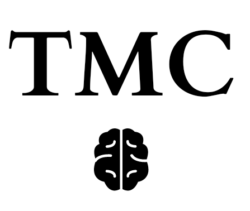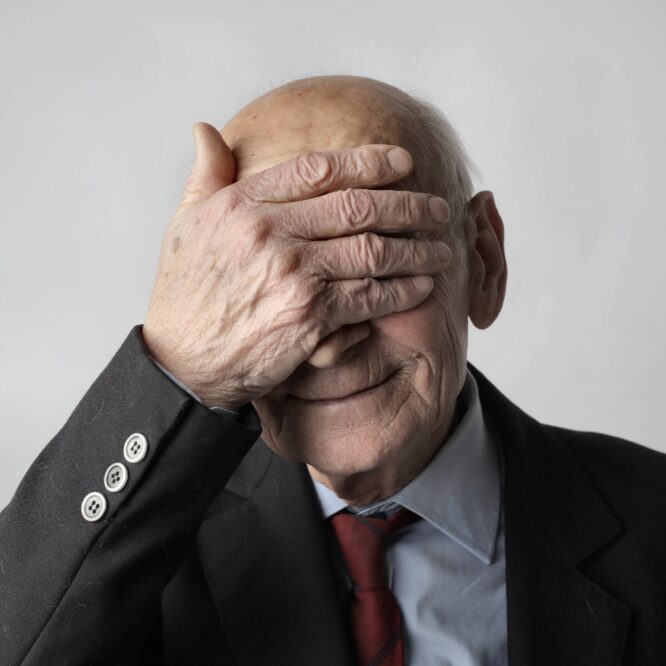Hair today, gone tomorrow
Hairloss and mental health – I started to lose my hair in my late 20’s which for me was like experiencing an impairment of my face that just wouldn’t disappear. I hated the feeling of losing something that made me, me. My hair is my crown and glory, it has always been something I have been proud of and has been a way of communicating my individuality and creativity, simply to me, its the icing on my cake. I see my hair as an expression of my personal uniqueness, without it I felt bare. Like a tie accompanies a shirt, my hair balances and compliments my features, so losing my hair wasn’t an option.
Even throughout history, hair has been a preoccupation of the ages, where wigs were worn as a sign hierarchy and power, this is how the term big wigs was coined. Hannibal wore his wig to slaughter and carried a second for social occasions just in case he needed to impress, even Julius Caesar hid his balding scalp behind a wreath, endlessly searching for some resolve to the issue!
To me hair is important in so many ways, in evolutionary terms man is a product of his primal drives, he is genetically hard wired to search out & win a mate in order to procreate & pass on his genes. Hair essentially communicates a man’s health and virility to the opposite sex.
Just like in other species hair loss can dictate a subjects value in the pecking order of society. Just as a lions mane when it thins or a peacocks feathers when they fall out, desirability is considerably lessened. Most men feel they become deficient & defective in some way to the opposite sex, which can lead to them to no longer feeling respected and valued in society.
In a world where man’s role was once the hunter-gatherer & procurer of resources, this is no longer the case. Women have now entered the work force & become providers in their own right. Woman’s role is no longer just to nurture and bring up the children, but to live as equals in every respect. Women wanted equality, this in turn lead to feminist liberation where women sort to have a level playing field, not only did women already have the overall evolutionary sexual selection power by being the choosier sex, women now no longer need man for his bread and butter. Instead, women can now be even choosier: with her keen eye sorting the chaff from the wheat, she is now looking and can afford to have only the best physically and mentally. Men are now having to reconsider their position, which can now mean only one thing…that masculinity & modern man are now in crisis!
In an age where self-image is now idolised, beauty has become the new form of social currency, it defines our Social Market Value (SMV). Our orientation to the opposite sex has changed drastically…men no longer just want to look, he wants to be looked at. He doesn’t just want to desire, he now craves to be desired. Fashion and glamour has taken over and seems to be the new power, from adverts for guy liner, moisturisers to mankup, from the mankini to meggings, the male grooming list goes on and on. An industry which is set to exceed ?33 billion pounds by 2015 worldwide! These pressures begin to take their toll, all the while mans self worth and self esteem fluctuating in comparison to the SMV 100. Big business knows this only too well, as it seeks to understand our insecurities by appealing to our needs for a quick fix, that just simply doesn’t exist. Every man now has a value on his head, he has become a commodity and this major shift in society has subjected man to feel his self worth devalue when experiencing hair loss! This has lead men to experience great anxiety and pain in a need to live up to these societal ideals.
In a study of 1000 men who experienced hair loss, it was noted that anxiety has increased & self esteem (62%) had hit the rock bottom. Men also reported relationships becoming affected (38%). Man’s pain is very real when he loses his hair, as (3%) of men have contemplated suicidal thoughts at some point, only for the doctor to diagnose depression (21%) determining that you feel socially anxious, vulnerable, and alone which in hindsight was never the cause. This just becomes another statistic and the matter is given no real second thought”.
As a psychotherapist & hair loss sufferer this has permitted me unique perspective on the issue from my own experiences and through the experiences of others.
Hairloss and mental health. Has your hairloss affected your life? Has your hairloss and mental health affected your relationships, your career?

